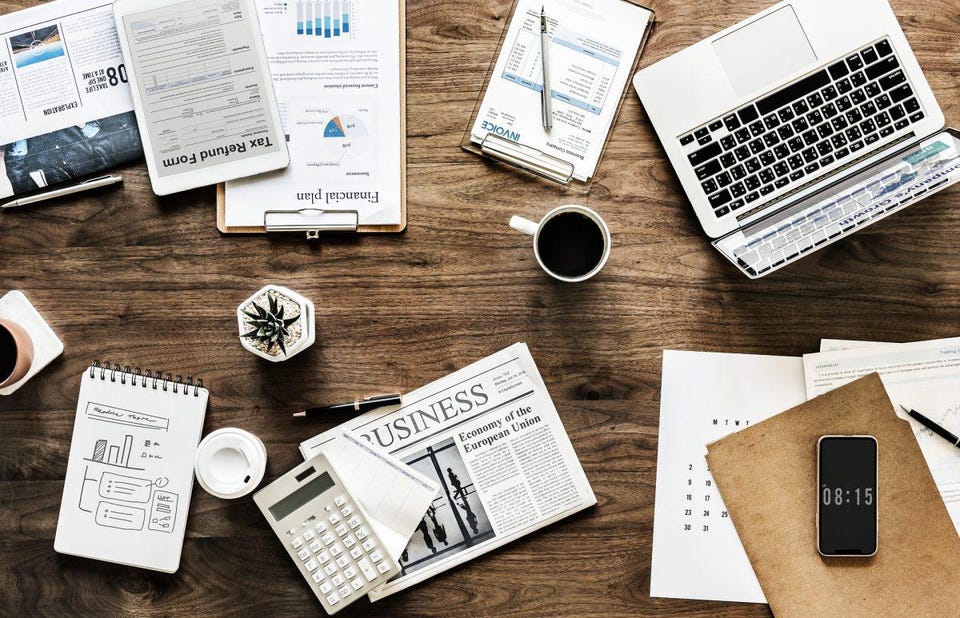
Chapter 7 Bankruptcy: A Fresh Start for Individuals
Chapter 7 bankruptcy is a type of bankruptcy that allows individuals to discharge most of their unsecured debts, such as credit card debt and medical debt. Chapter 7 bankruptcy is also known as liquidation bankruptcy because the bankruptcy trustee will liquidate, or sell https://www.loanblog.net/ the debtor’s nonexempt assets to pay creditors.
Table of Contents
ToggleWho Qualifies for Chapter 7 Bankruptcy?
To qualify for Chapter 7 bankruptcy, you must meet the following requirements:
- You must pass a means test, which is a financial test that determines whether you have enough disposable income to repay your debts.
- You must not have filed for bankruptcy within the past eight years (six years if you previously filed for Chapter 13 bankruptcy).
What Debts Are Discharged in Chapter 7 Bankruptcy?
Most unsecured debts can be discharged in Chapter 7 bankruptcy, including:
- Credit card debt
- Medical debt
- Personal loans
- Payday loans
- Tax debt (in some cases)
Secured debts, such as mortgages and car loans, are not typically discharged in Chapter 7 bankruptcy. However, you may be able to keep the secured property if you continue to make the payments.
What Happens During Chapter 7 Bankruptcy?
The Chapter 7 bankruptcy process typically takes four to six months to complete. Here is a brief overview of the steps involved:
- You file a Chapter 7 bankruptcy petition with the bankruptcy court.
- The bankruptcy court will appoint a bankruptcy trustee to oversee your case.
- You will meet with the bankruptcy trustee to discuss your financial situation and assets.
- The bankruptcy trustee will liquidate your nonexempt assets and distribute the proceeds to your creditors.
- Once your assets have been liquidated, the bankruptcy court will discharge most of your unsecured debts.
Benefits of Chapter 7 Bankruptcy
Chapter 7 bankruptcy can provide a number of benefits, including:
- It can stop creditor harassment.
- It can give you a fresh start financially.
- It can allow you to keep your home and car (if you continue to make the payments).
- It can discharge most of your unsecured debts.
Drawbacks of Chapter 7 Bankruptcy
Chapter 7 bankruptcy also has some drawbacks, including:
- It can damage your credit score.
- You may lose some of your nonexempt assets.
- You may have to pay certain debts, such as student loans and child support, even after your bankruptcy is discharged.
Should You File for Chapter 7 Bankruptcy?
Whether or not you should file for Chapter 7 bankruptcy is a personal decision. You should carefully weigh the benefits and drawbacks of bankruptcy before making a decision. It is also important to consult with an experienced bankruptcy lawyer to discuss your case.
Here are some tips for filing for Chapter 7 bankruptcy:
- Gather all of your financial documents, including your tax returns, bank statements, and credit reports.
- Meet with an experienced bankruptcy lawyer to discuss your case.
- Be honest and upfront with your bankruptcy lawyer about your financial situation.
- Cooperate with the bankruptcy trustee throughout the bankruptcy process.
If you are struggling with debt, Chapter 7 bankruptcy may be a good option for you. Contact an experienced bankruptcy lawyer today to discuss your case and get a free consultation.



:max_tes(150000):strip_icc()/21014-Good-old-Fashioned-Pancakes-mfs_001-1fa26bcdedc345f182537d95b6cf92d8.jpg)